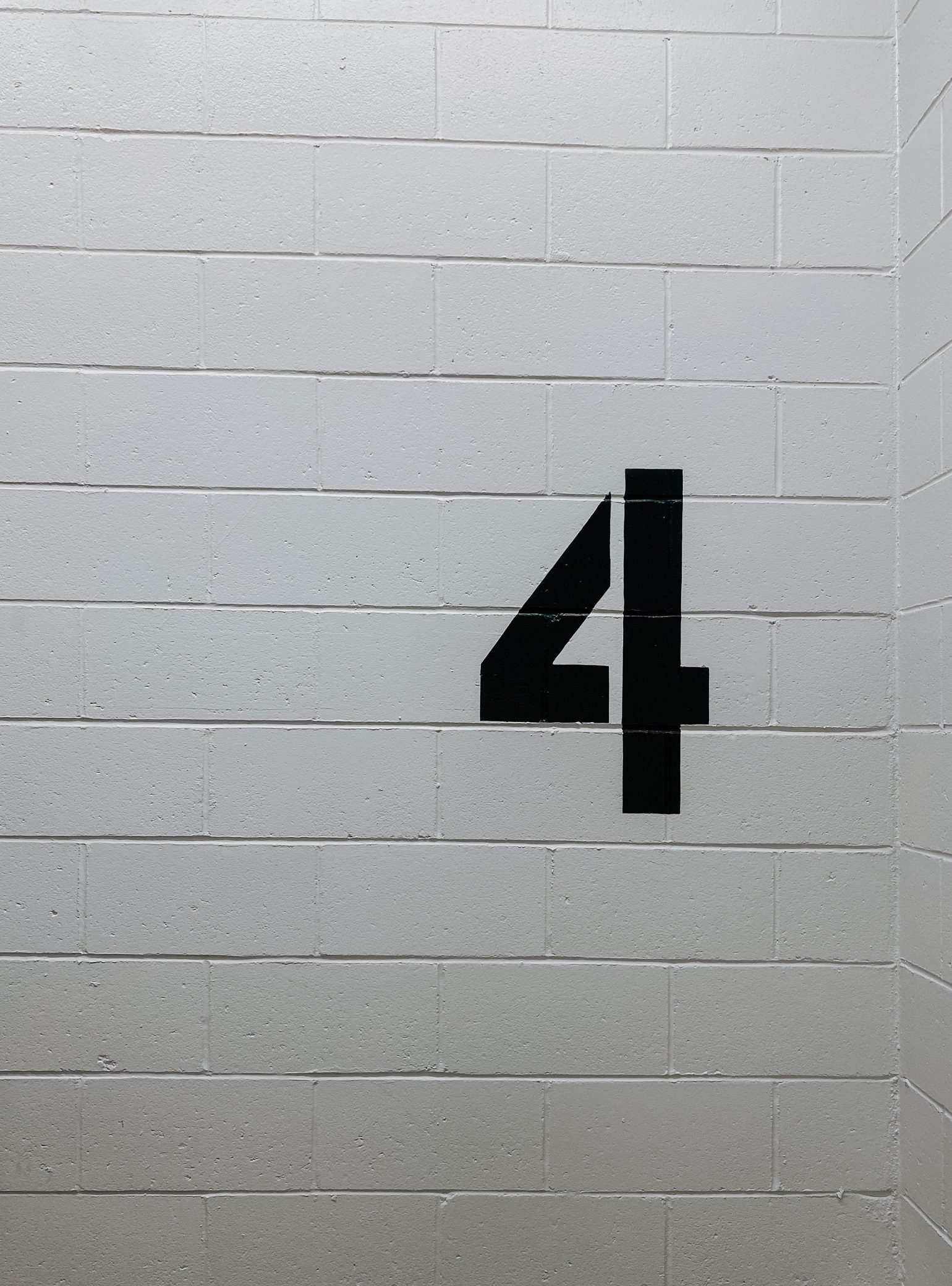Myocardial infarction, or MI, is a scary term. You might know it better as a heart attack. Let's break down what can happen after someone experiences one. We will explore some common complications. Think of it as understanding what problems might arise after a major event.
What is Myocardial Infarction?
First, let’s define MI. Imagine your heart as a powerful engine. It needs fuel to keep running. This fuel is oxygen-rich blood. The coronary arteries supply this blood. If one of these arteries gets blocked, the heart muscle doesn't get enough oxygen. This blockage often happens because of a blood clot that forms on top of plaque (fatty deposits) in the artery. This lack of oxygen causes damage to the heart muscle. This damage is a myocardial infarction.
Think of it like this. Imagine a garden hose supplying water to your plants. If someone kinks the hose, the plants don't get enough water. They start to wilt. In the heart, the “wilting” is damage to the heart muscle. This damage can lead to several complications. Now we will look into a few of these complications.
Complication 1: Arrhythmias
What are arrhythmias? These are problems with the heart's rhythm. The heart beats in a regular pattern. This pattern is controlled by electrical signals. After an MI, the damaged heart tissue can disrupt these signals. Imagine a conductor trying to lead an orchestra, but some of the musicians are playing out of tune. This is similar to what happens with arrhythmias. These problems can occur when damaged cells interfere with the signals that make your heart beat.
There are different types of arrhythmias. Some are relatively harmless. Others can be life-threatening. For example, ventricular fibrillation is a dangerous arrhythmia. The heart's ventricles (lower chambers) quiver instead of pumping blood effectively. This leads to a lack of blood flow to the brain and other organs. This often requires immediate medical attention like defibrillation (electric shock) to restore a normal heart rhythm.
Imagine your heart is a washing machine. Normally, it spins in a smooth, coordinated way to clean your clothes. During ventricular fibrillation, it starts shaking and vibrating wildly, unable to do its job. This is an emergency. Irregular heart rhythms can also cause palpitations (feeling your heart racing or skipping beats), dizziness, or even fainting.
Complication 2: Heart Failure
What is heart failure? It doesn't mean the heart stops working completely. It means the heart can't pump enough blood to meet the body's needs. Think of it like a car engine that's lost some of its power. It can still run, but it can't accelerate as quickly or climb hills as easily.
After an MI, the damaged heart muscle becomes weaker. This makes it harder for the heart to pump blood effectively. The body tries to compensate. This compensation can lead to fluid build-up in the lungs and legs. This fluid retention can cause shortness of breath, swelling in the ankles and feet, and fatigue. The heart has to work harder to pump blood around, which can make the problem even worse in the long run.
Imagine your heart is a pump trying to fill a swimming pool. If the pump is damaged, it can't pump as much water. The pool doesn't fill as quickly. Eventually, water backs up into the pipes (the body's blood vessels). The body compensates by holding water and this causes swelling.
Complication 3: Cardiogenic Shock
Cardiogenic shock is a very serious complication. It happens when the heart is so damaged it can't pump enough blood to maintain blood pressure and blood supply to vital organs. This is a life-threatening condition. It requires immediate medical intervention.
Think of it like this. Imagine a water pump that breaks down completely. The water pressure drops to zero. No water can reach the plants. Similarly, in cardiogenic shock, the heart's pumping ability is severely compromised. Blood pressure drops drastically. This means the brain, kidneys, and other vital organs don't get enough oxygen and nutrients. This can lead to organ damage and death.
Symptoms of cardiogenic shock include low blood pressure, rapid heart rate, weak pulse, shortness of breath, sweating, and confusion. It's a critical situation that needs immediate medical attention. Treatment often involves medications to support blood pressure, fluids, and potentially mechanical support for the heart. The goal is to stabilize the patient and restore blood flow to vital organs.
Complication 4: Pericarditis
What is pericarditis? The heart is surrounded by a sac called the pericardium. This sac has two layers. These layers are separated by a small amount of fluid. This fluid helps the heart move smoothly within the chest. After an MI, the pericardium can become inflamed. This inflammation is called pericarditis.
Imagine the heart in a very thin bag. This bag can sometimes get inflamed and cause pain. Think of it like having a sore throat where the lining of your throat is inflamed causing pain every time you swallow. The symptoms of pericarditis can include chest pain that is sharp, stabbing, and may worsen with breathing or lying down. The pain may be relieved by sitting up and leaning forward. The heart's normal movement can be restricted as a result.
Pericarditis is often treated with anti-inflammatory medications. These medications help reduce the inflammation and relieve the pain. In some cases, fluid can build up in the pericardial sac. This build-up can compress the heart and make it harder to pump. This is called cardiac tamponade. This is a life-threatening condition that requires immediate drainage of the fluid from the pericardial sac.
These complications are serious. Prompt medical attention can help reduce the risk of these problems. It's also important to remember that not everyone who has a heart attack will experience these complications. Lifestyle changes, medication, and regular check-ups can help to minimize the chance of problems after a myocardial infarction.

